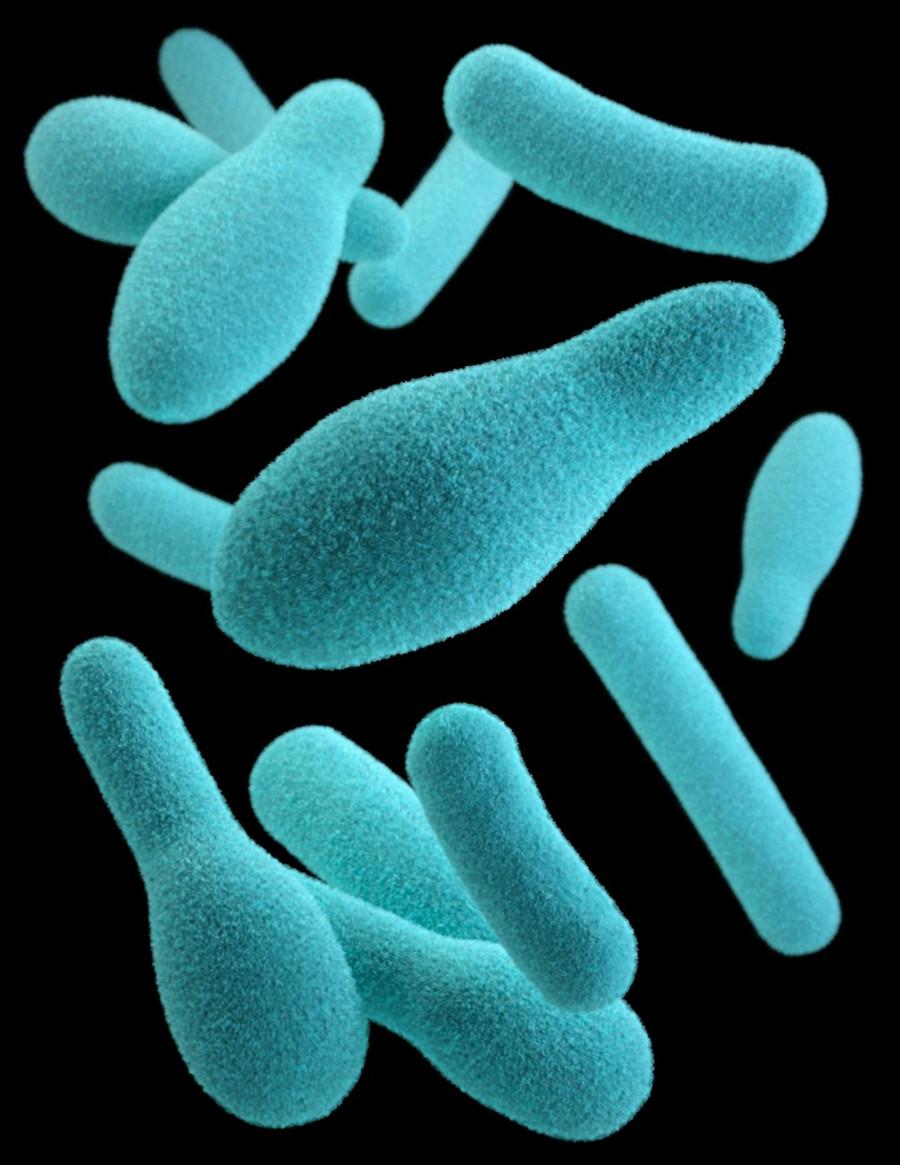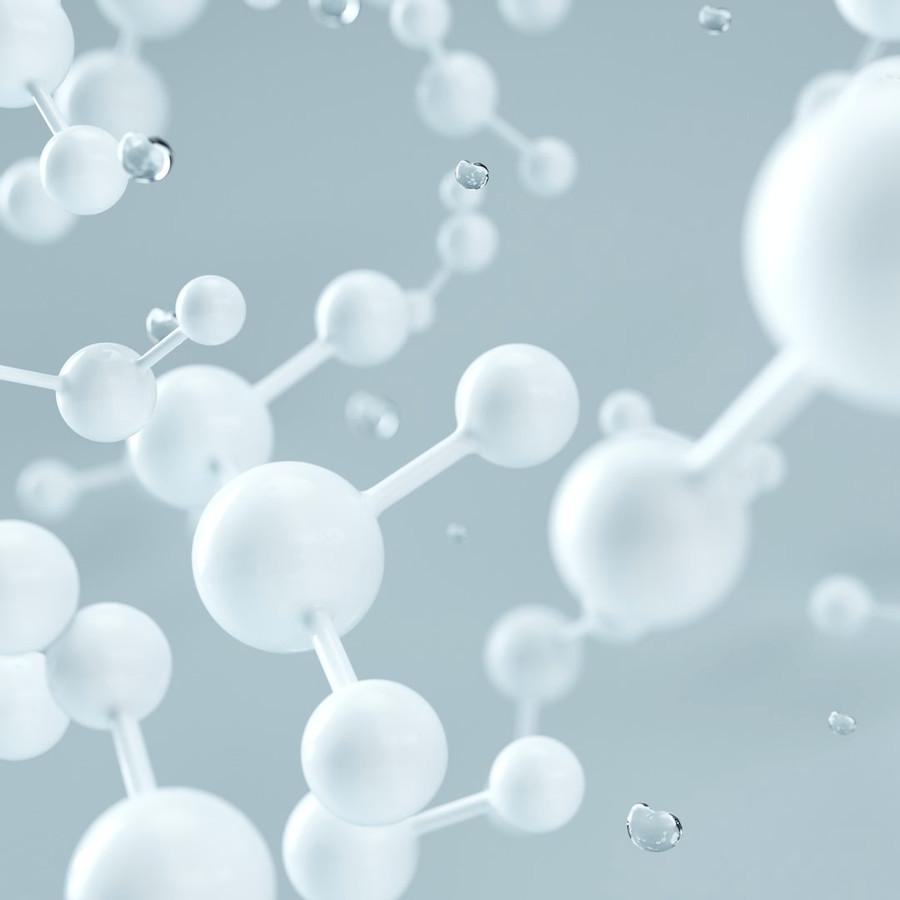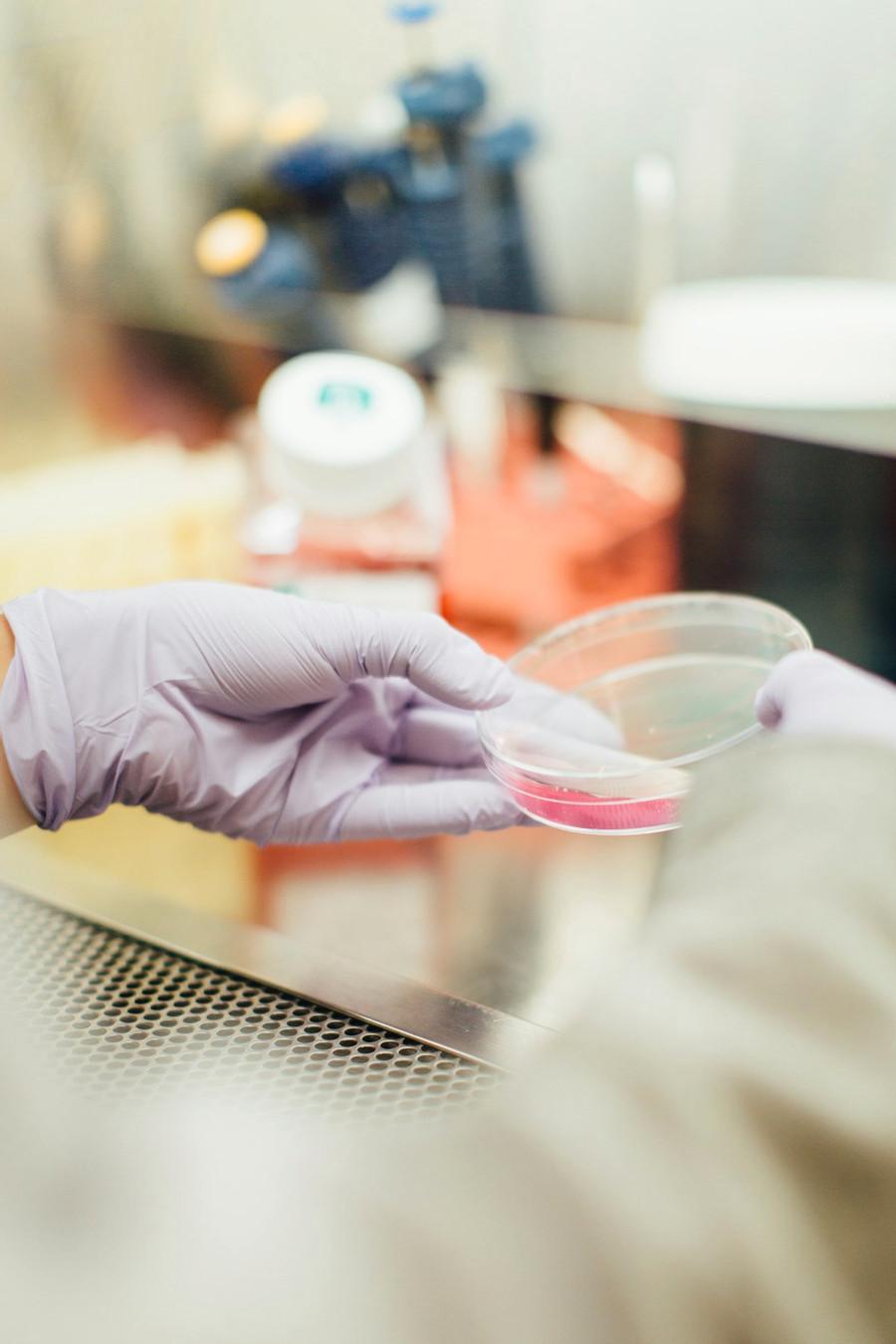Decoding The Origins Of Life – Big History
Curated from: bighistory.in
Ideas, facts & insights covering these topics:
4 ideas
·264 reads
9
2
Explore the World's Best Ideas
Join today and uncover 100+ curated journeys from 50+ topics. Unlock access to our mobile app with extensive features.
Decoding The Origins Of Life: Understanding The Abiogenesis Theory
The abiogenesis theory is a widely accepted theory for the origin of life on Earth. This theory proposes that life emerged from non-living matter through a series of natural chemical reactions, starting with the formation of the building blocks of life, such as amino acids and nucleotides, and culminating in the formation of the first living cells. The experiments and research conducted so far have provided strong evidence for this theory, and scientists continue to make progress in understanding the processes that may have led to the formation of life on Earth.
7
97 reads
Understanding Abiogenesis
The abiogenesis theory, also known as spontaneous generation, is one of the most widely accepted theories for the origin of life on Earth. This theory proposes that life emerged from non-living matter through a series of natural chemical reactions. The basic idea of abiogenesis is that the building blocks of life, such as amino acids and nucleotides, could have been formed on the early Earth through natural processes, and then came together to form more complex molecules, such as proteins and nucleic acids, which eventually gave rise to living cells.
7
67 reads
The RNA World Hypothesis
One of the most important hypothesis for the origin of the first living cell is the “RNA world” hypothesis, which proposes that RNA was the first genetic material and the first self-replicating molecule. RNA is a molecule that can act as an enzyme, a genetic material and can store information. According to this hypothesis, the first living cells would have been made up of RNA molecules, which would have been able to carry out all the functions of a living organism, such as metabolism and replication.
6
51 reads
Evidence: The Miller-Urey Experiment
One of the key pieces of evidence for the abiogenesis theory is the Miller-Urey experiment, conducted in 1953 by Stanley Miller and Harold Urey. They attempted to simulate the conditions of the early Earth and showed that by sparking an electric discharge through a mixture of gases that resemble the primitive Earth’s atmosphere (methane, ammonia, and water vapor) it was possible to produce some of the building blocks of life, such as amino acids, the building blocks of proteins, and nucleotides, the building blocks of DNA and RNA.
7
49 reads
IDEAS CURATED BY
CURATOR'S NOTE
How did life originate?
“
Big History 's ideas are part of this journey:
Learn more about technologyandthefuture with this collection
Understanding the basics of blockchain technology
The benefits and challenges of using blockchain
The future of blockchain technology
Related collections
Similar ideas
6 ideas
Metabolism: Myths and facts
medicalnewstoday.com
7 ideas
How Nutrients Cycle Through the Environment
thoughtco.com
5 ideas
Small & Large Intestines: Intestinal Structure, Function, Diseases
probioticsline.com
Read & Learn
20x Faster
without
deepstash
with
deepstash
with
deepstash
Personalized microlearning
—
100+ Learning Journeys
—
Access to 200,000+ ideas
—
Access to the mobile app
—
Unlimited idea saving
—
—
Unlimited history
—
—
Unlimited listening to ideas
—
—
Downloading & offline access
—
—
Supercharge your mind with one idea per day
Enter your email and spend 1 minute every day to learn something new.
I agree to receive email updates




